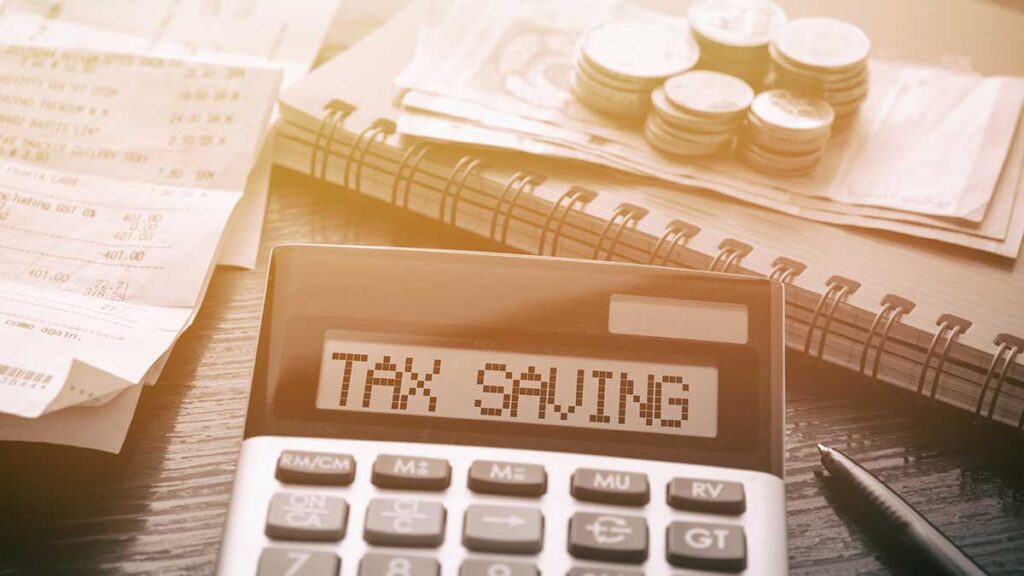When planning to retire, it is important to understand how any lump sum payments you receive from your employer might be taxed.
If you are part of an employee share scheme there are ‘good leaver’ conditions that could apply in your situation.
Alternatively, if you are selling a business, you will want to know whether the retirement capital gains tax concession applies to you.
Employment termination payments, redundancy and early retirement
If you received any lump sum payments from your employer for unused annual leave or unused long service leave, it may be taxed at a lower rate than your other income.
If you have received one, it will appear as either ‘Lump sum A’ or ‘Lump sum B’ on the payment summary or statement you received. These details will be required for your tax return.
A redundancy payment is a payment made when you have been dismissed because the job you have been doing no longer exists. Payments under redundancy are tax-free to a limit based on the number of years you worked for that employer.
Your employer may offer staff an approved early retirement scheme to encourage certain groups of employees to retire early or resign. You may pay less tax on payments you receive under an approved early retirement scheme.
Employee share schemes
If you are a member of an employee share scheme (ESS), you need to consider the ‘good leaver’ conditions.
Good leaver conditions in an ESS may allow employees to retain ESS interests if they cease employment to retire from the workforce permanently during the forfeiture period.
Whether ESS interests acquired under an ESS with good leaver conditions are at a real risk of forfeiture will depend on the facts and circumstances, including how the ESS is operated and the employee’s personal circumstances.
Capital gains tax exemption
If you are selling your business assets, the capital gains tax retirement concession may apply.
The retirement concession can exempt a capital gain on a business asset, up to a lifetime retirement exemption limit of $500,000. This concession allows you to provide for your retirement.
If you choose the retirement exemption, there is no requirement to terminate any activity or cease business.
If you are under 55 when you sell the asset, the proceeds must be invested into retirement assets.
Also read: ‘Queue jumpers’ aren’t waiting for retirement

